Research Projects
Laufende Forschungsprojekte

EnBW - Scientific design of generative AI-based agents
Project duration: since January 2024
The aim of this research project is to convey the background knowledge, implications and possibilities of generative AI-based agents in the specialist departments of EnBW. This should contribute to the joint development of scientifically sound design knowledge that enables the individualization and differentiation of the EnBW chat solution and other systems based on generative AI.
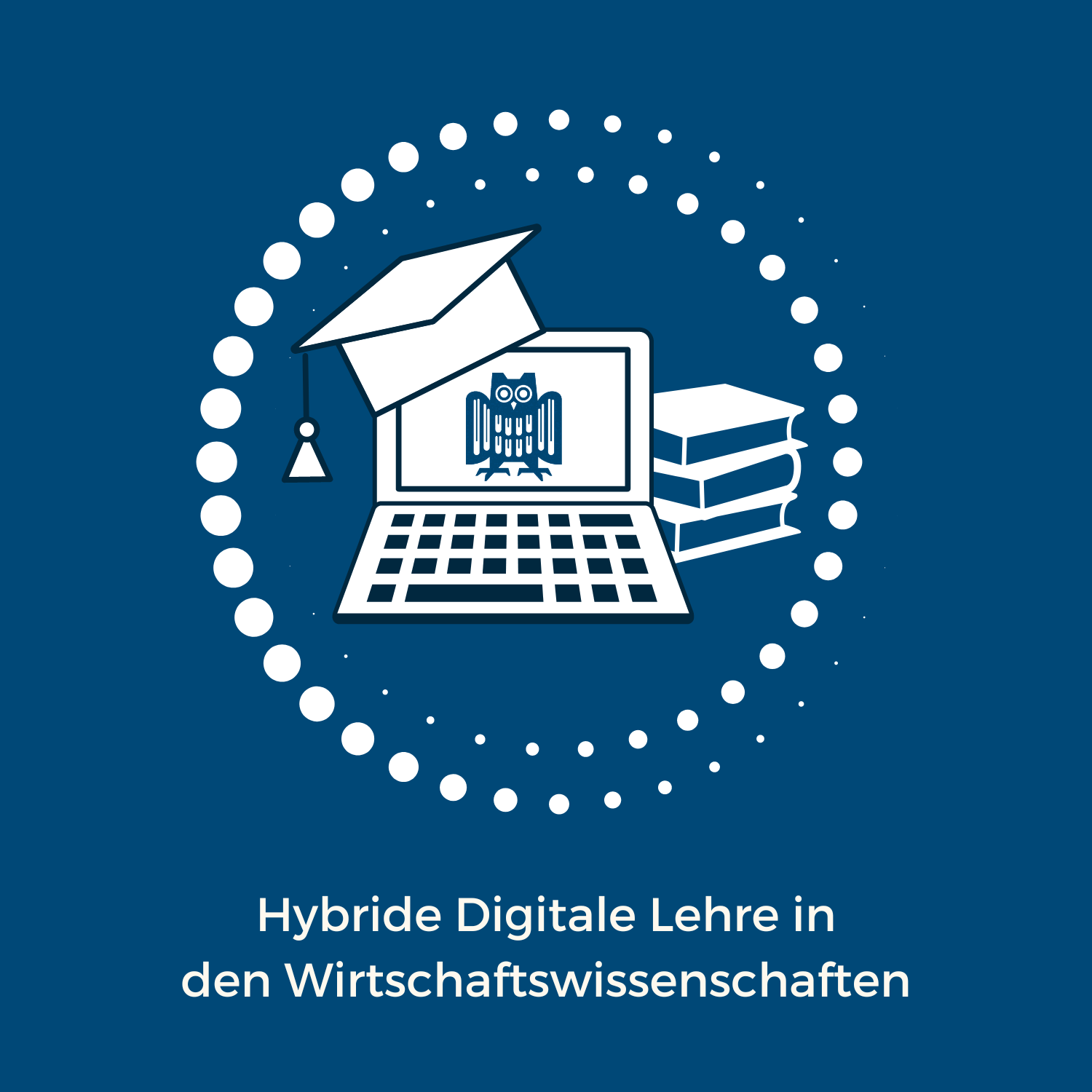
Hybrid Digital Teaching in Economics
The innovation project of the junior professorships for Operations Management and Information Systems "Requirements and Success Factors for Hybrid Digital Teaching in Economics" examines the successful combination of digital teaching content and various teaching concepts for a hybrid teaching format in economics.
Further information
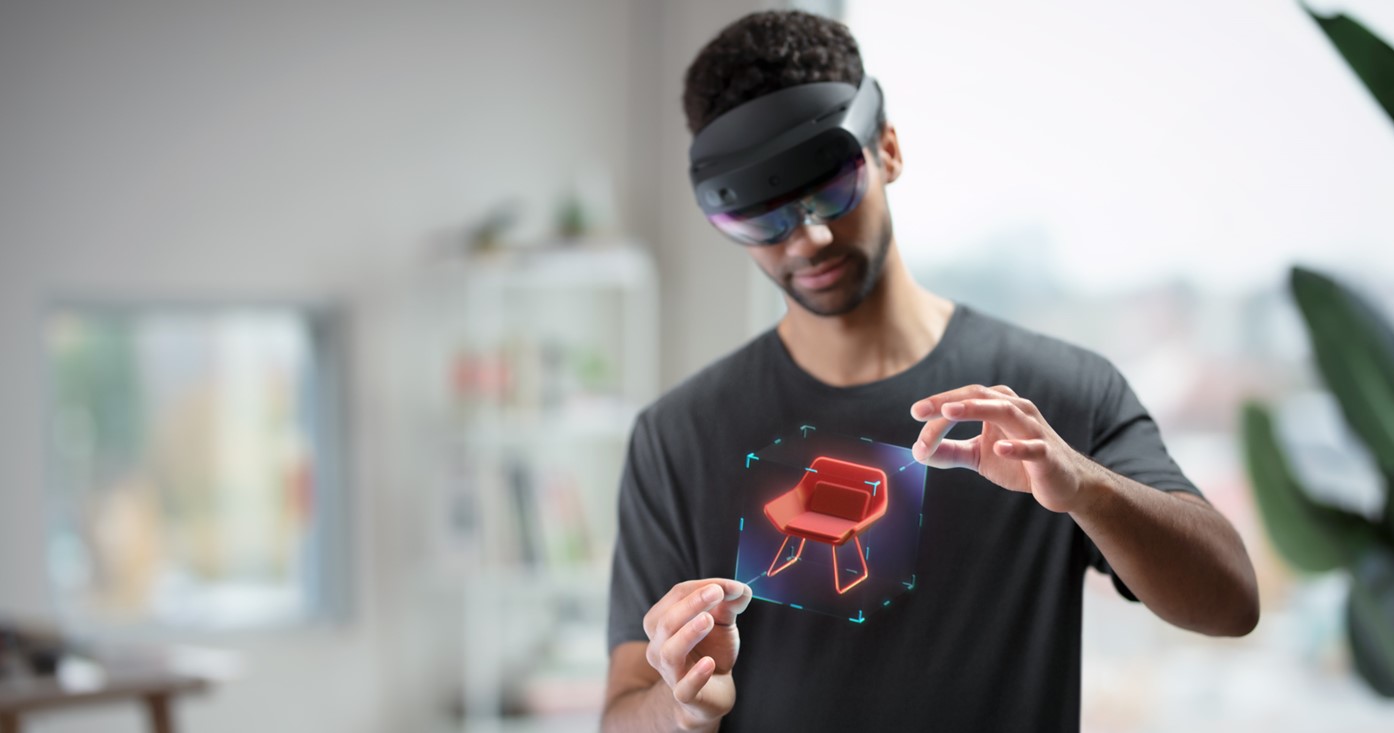
Extended Perception Layer – Investigating a Holistic Digital Environment
This research project contributes to the question of how AR technology influences human perception, communication, and interaction within a digitally augmented environment. Individual, interpersonal, organizational, and societal perspectives are considered within a holistic digital plane that constantly expands human perception of the real world.
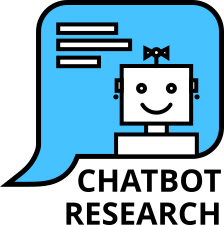
Chatbotresearch.org
Chatbotresearch.org is a joint project of Saarland University, the Karlsruhe Institute of Technology (KIT), and other partners from research and industry. In the project, we are investigating and shaping the technical, social, and ethical aspects of human interaction with AI-supported chatbots and voice assistants.

Improvement of the linguistic skills of virtual assistance in customer service at Telefónica Germany
In this project, together with Telefónica Germany and the Karlsruhe Institute of Technology (KIT), we are investigating how the linguistic capabilities of the chatbot Aura can be improved. For this purpose, we are researching the design of a system that can integrate different stakeholders into the development process of the chatbot in order to collect their feedback for linguistic improvement. In addition to improving the linguistic skills of virtual assistants, this project also investigates to what extent such systems can help in increasing the awareness of innovative language assistants such as Aura and in demonstrating their capabilities and future benefits for different business units.
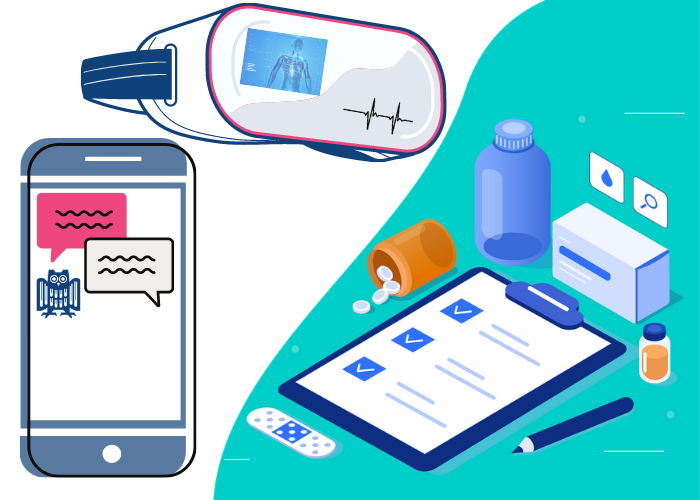
Research Collaboration with the Medical Faculty of Saarland University
Particularly in the context of medicine, digitization is a special challenge as well as the topic of the interdisciplinary research collaboration between the professorship and the medical faculty. The research collaboration aims to investigate the conception, design, and impact of AI-based digital assistants in various medical application scenarios (for example, advising transplant patients or educating regarding vaccinations). The developed concepts will be instantiated as prototypes and empirically evaluated in laboratory and field studies together with Saarland University Hospital.
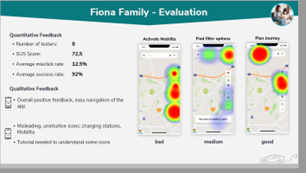
EnBW - Kontext-bezogene multimodale Mensch-Computer Interaktion
Projektlaufzeit: Mai 2021 – April 2023
Das Projekt wird in Zusammenarbeit mit der Energie Baden-Württemberg AG (EnBW) durchgeführt. Ziel des Forschungsvorhabens ist die Untersuchung der Konzeption und Gestaltung innovativer kontextbezogener multimodaler Mensch-Computer Interaktionen auf Basis neuer Technologien.
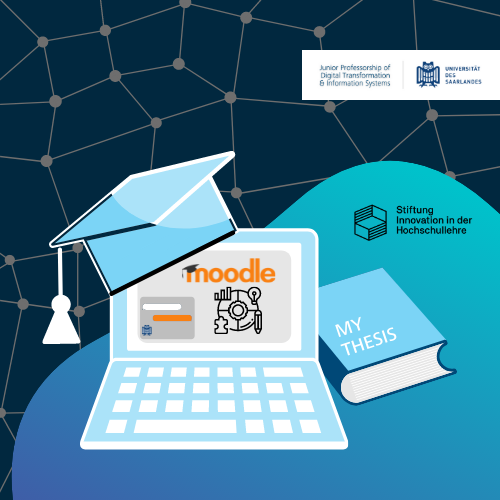
Innovation project "Interactive online course on methods in business informatics"
The interactive online course is intended to support students of economics at the UdS in writing a scientific paper (seminar, bachelor's thesis, master's thesis, etc.) in the context of business informatics, regardless of the semester. In the interactive online course on the Moodle platform, the necessary knowledge is conveyed through videos, further reading, and concrete examples. It can be checked independently through tests at the end of the chapters. The online course is supplemented by a chatbot in MS Teams, which will be able to answer students' questions about the course content and examples at any time.
This project is a sub-project of the "Digital Teaching Plug-in" project funded by the Foundation for Innovation in University Teaching.
